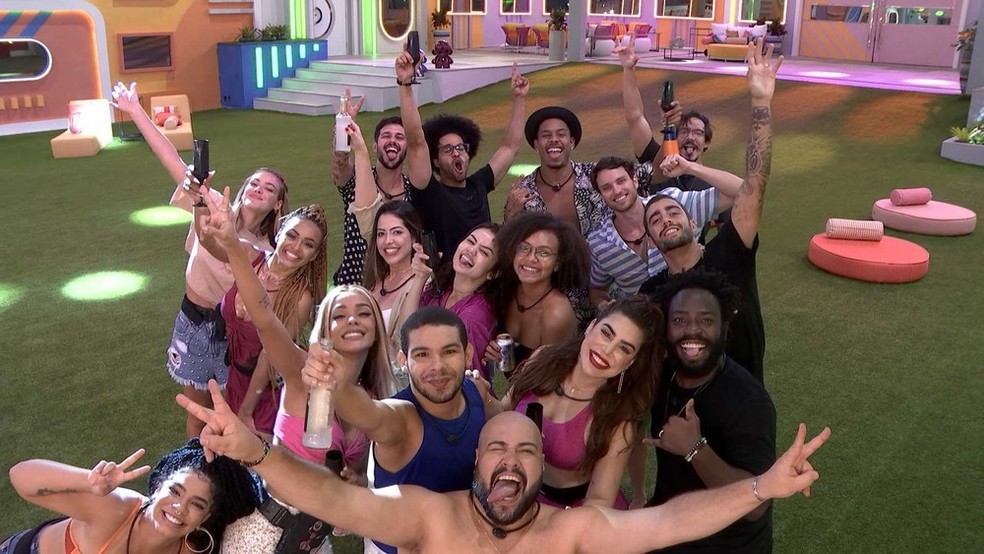Even after living in Brazil for several years, I still don’t watch very much Brazilian television. I find that there is a layer of melodrama surrounding most of the shows that makes it hard for me to relate to. This is why I was not surprised to see the popularity of reality shows like “Big Brother.”
I can recall the premiere of one of the first, if not the first reality show- “The Real World,” airing on MTV when I was in high school. Since then the genre has grown to take over most television channels on most of the airwaves. In Brazil, one particular show, “Big Brother Brazil,” dominates the airwaves as well as the cultural conversation.
In it’s 22nd season the show is more popular than ever thanks to the utilitarian spaces of social media, where the drama of the household during each episode spills over into cyberspace. The daily narratives are divided up amongst both fans and critics into revealing talking points reflective of Brazil’s deep racial conflicts.
Because the show features B, C, and D list celebrities and influencers, the contestants routinely take on the mantle of the antagonistic heel or protagonist’s hero, assured that a divided public will readily take sides. In this way, the reality show is a reliable microcosm of Brazilian identity politics, specifically race and sexuality.
The last three seasons specifically have been calibrated to include a strategic combination of contestants representing racial and gender sexual identities and political identities, in order to capitalize on the public response to TV Global, Brazil’s largest monopoly free to air network. The network has relished in the dominant audience ratings often positioning themselves often positioning a notoriously conservative and anti-Black media company as a progressive leader.
According to Variety magazine, 40 million people almost a fifth of Brazilians 211 million population watch the reality show daily. This is a notable departure from TV global‘s historically dominant television shows which generally consist of Telenovela‘s Only featuring Black characters in subordinate positions such as domestic workers, servants, criminals, or in the case of several antebellum period dramas, slave women who are secret love interest of white protagonist men.
For many in Brazil, seeing ambitious, beautiful, young Black men and women characters reaching for stardom in competition with white Brazilians has given them a motivational symbol of representation. It is guaranteed that during and after the airing of each episode, decisions of each contestant are politicized and exploited throughout Twitter, Facebook and Instagram to reinforce basic but often hidden facts about Brazilian society that the country is powered by a racist sexist classist hegemony.
Here’s a look at some of the viral moments over the past few seasons:
#BBB22 – several contestants mock a Black contestant, Natalia by making monkey sounds and gestures:
The same contestant, Natalia is assaulted and the aggressor is not punished by the network:
Black trans contestant Linn da Quebrada, schools the other contestants on trans identities:
In her introductory speech at the house, Linn clarified, “I am neither male nor female, I am a transvestite.”









